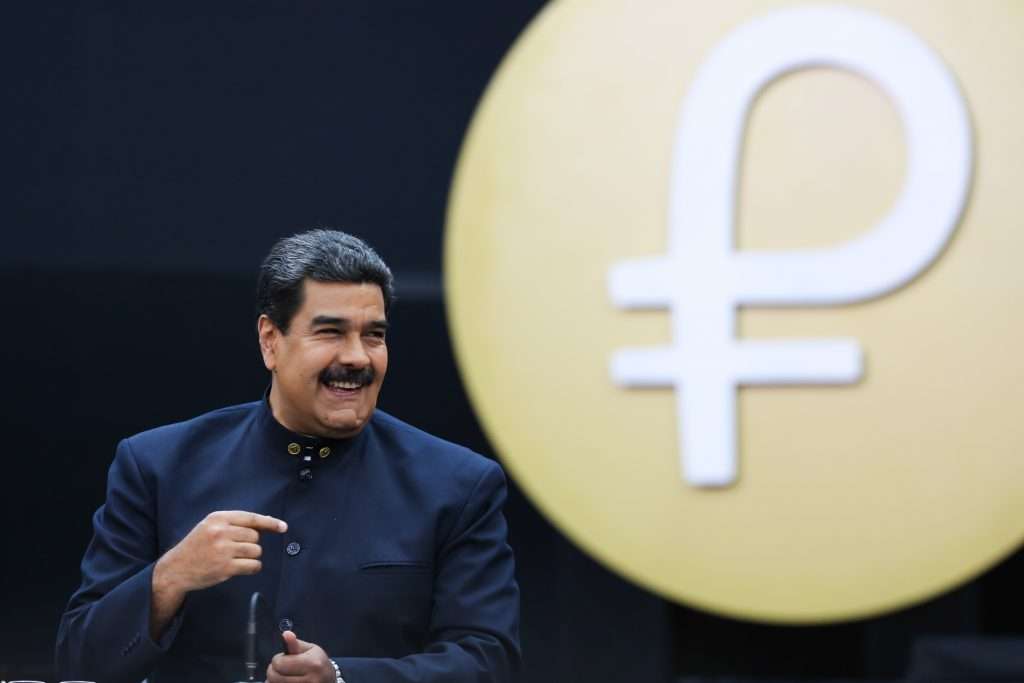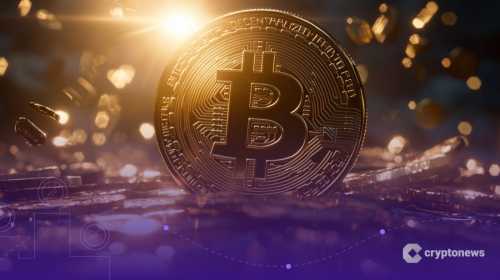Maduro wants to speed up digital payments because of hyperinflation
Nicolas Maduro is stepping up pressure on Venezuelan banks to speed up digitalization because of hyperinflation, Reuters writes

President Nicolas Maduro of the Bolivarian Republic of Venezuela wants to speed up the implementation of digital payments. This was reported by Reuters, citing sources close to Maduro.
The rush around digitalization is due to the fact that the state is suffering from hyperinflation, which leads to a shortage of fiat money, the publication writes. The first area of forced integration of the digital bolivar will be public transportation. This is reportedly where about three-quarters of all cash in circulation is spent.
In January, Maduro asked banks to install digital currency-enabled terminals at Caracas metro ticket offices and bus drivers, sources told Reuters on condition of anonymity.
Voluntary digital payments.
Venezuela’s annual inflation rate reaches 2665%, which has already created long lines in the mornings outside Caracas banks. Citizens are eager to withdraw a maximum of 400,000 bolivars (~$0.2) just to pay fares, Reuters stresses.
The national currency is no longer used to buy basic necessities. Instead, Venezuelans use U.S. dollars. It is noteworthy that Maduro himself welcomed the use of the dollar as a tool to escape U.S. sanctions. However, Maduro has no intention of abandoning the bolivar.
Instead, he wants banks to help with the digitalization of services. He plans to achieve this by issuing more debit cards, sources told Reuters.
Recall that in December 2020 the BeInCrypto editorial board reported that Venezuela was one of the three states that accounted for 41% of the global bitcoin market. Thus, Venezuela accounted for 12.3% of all bitcoins in circulation last year.




